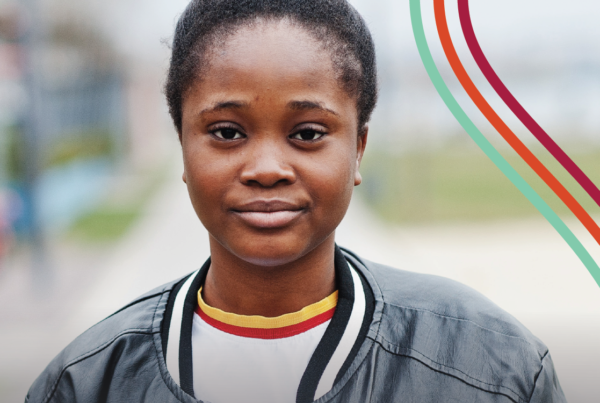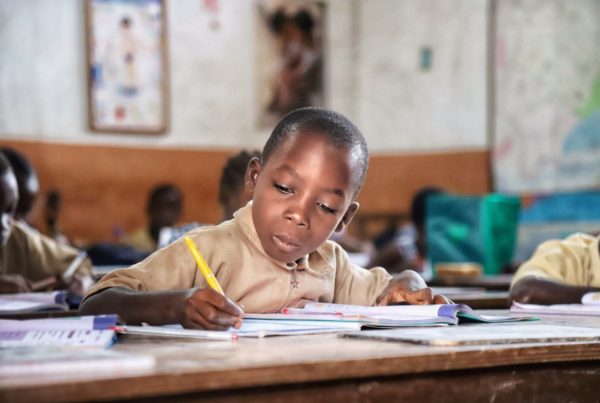Stellenbosch Working Paper Series No. WP03/2017
Publication date: May 2017
Abstract:
This study investigates volunteering in a highly unequal society. It uses post-apartheid South Africa as a case study: the enduring apartheid legacy has left deep divides between classes and races in the country. The research asks if formal volunteering serves to enhance social cohesion or reinforces such social divides. Logistic analysis is applied to the 2001 South African World Values Survey, to measure the strength of the relationship between the likelihood to volunteer, and selected human, social and cultural capital variables. The analysis shows that volunteering tends to align with existing social divides. Individuals are more likely to volunteer if they are educated and affluent, supporting the dominant status theory. Prejudice and not valuing sharing are also associated with a higher proclivity for volunteering. Broadly, we find that the available evidence suggests that volunteering is associated with bonding, rather than bridging, social capital. Although hardly uncontentious, broad-based support for and involvement in religious volunteering suggest that religious communities and congregations could in the future provide a bridge to help heal the rifts if links between such communities are strengthened.
JEL Classification:
C51, D64, D71, L32
Keywords:
Volunteering, human capital, social capital, ‘Ubuntu’, religiosity







